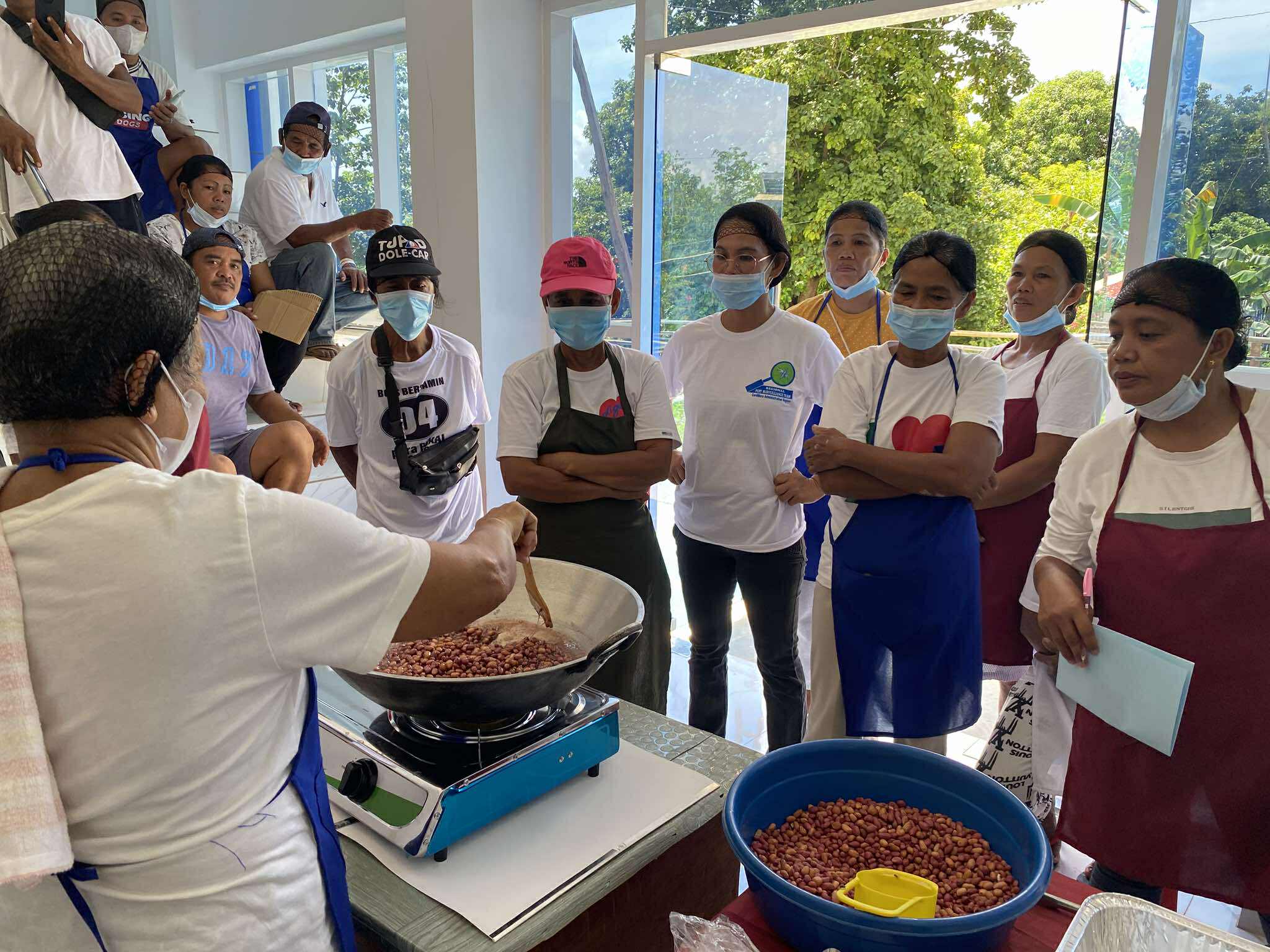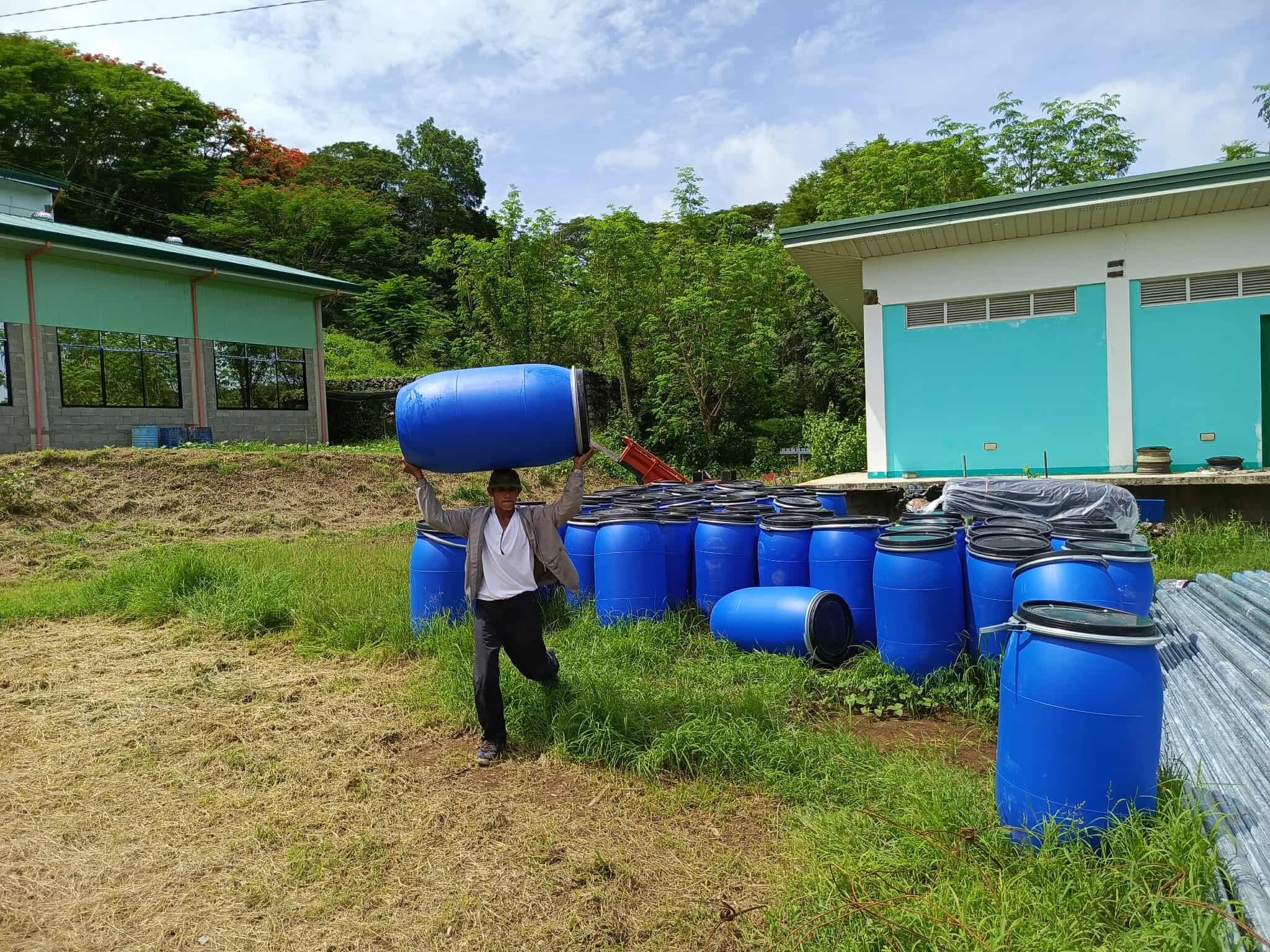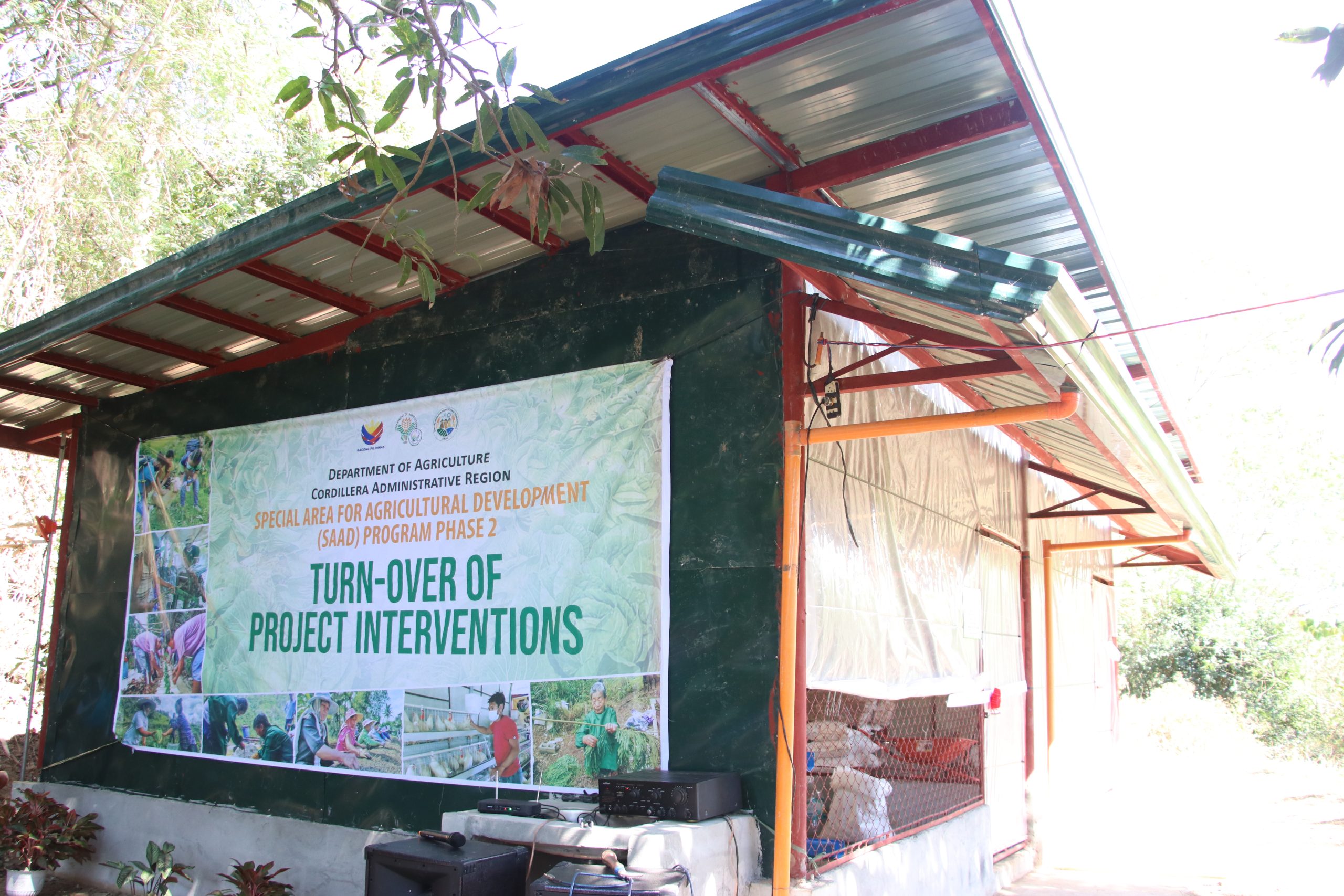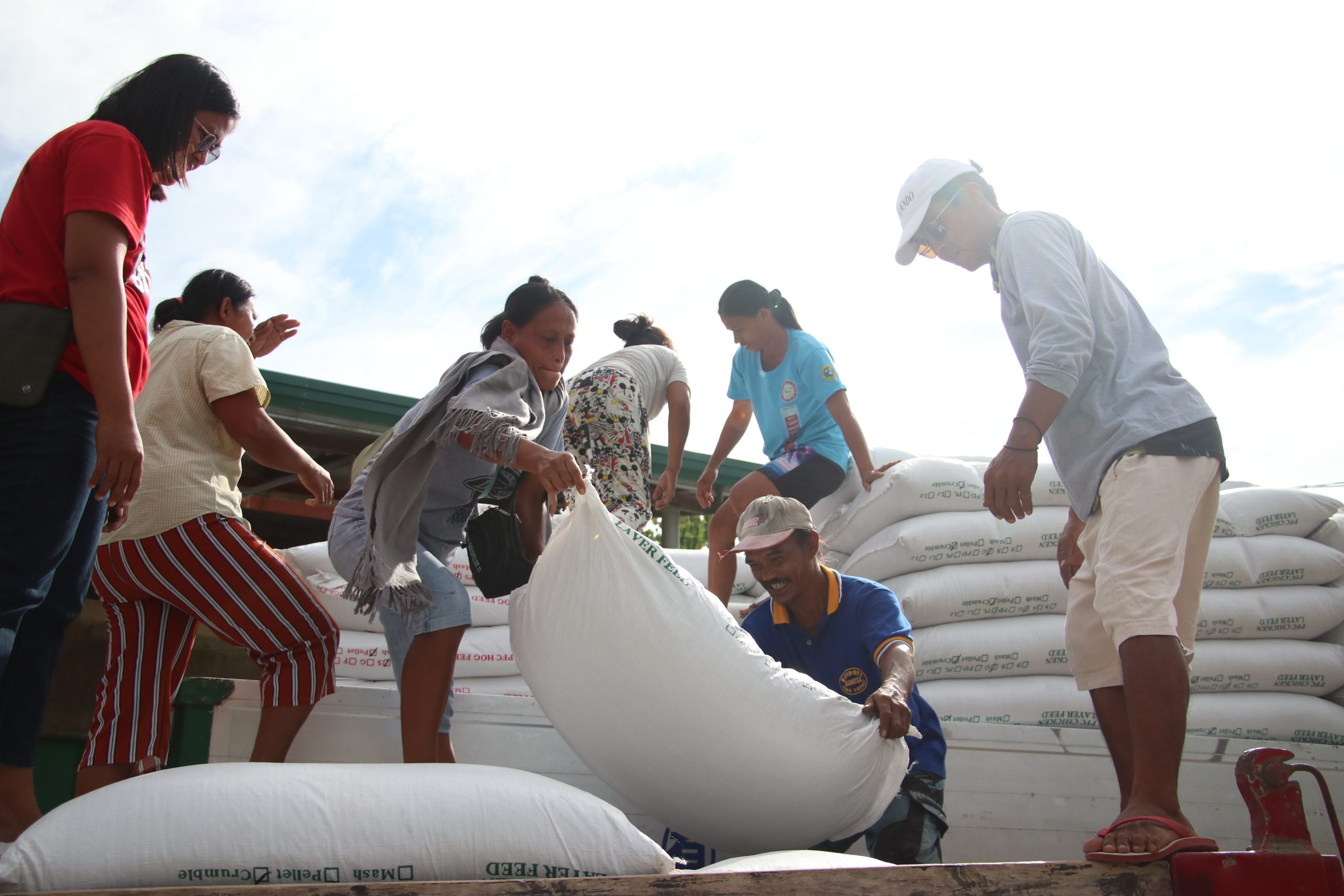As the Department of Agriculture – Special Area for Agricultural Development (DA-SAAD) Program in the Cordillera Administrative Region (CAR) moves into the second half of the year, it enters a decisive phase marked by deeper enterprise building, systems strengthening, and intensified preparation for the eventual independence of its supported farmers’ groups.
The first semester of 2025 saw a continued rollout of production support and training across provinces, but in the coming months, the Program is shifting its focus to consolidating progress and paving a more defined path toward self-sustaining community-based enterprises.
Food production and livelihood support remain the core of the Program. More than 20 farmers’ cooperatives and associations (FCAs) across Abra, Benguet, and Mountain Province received support for poultry, goat, and swine production earlier this year, complemented by hands-on training in production and animal management.
Alongside this, six production-focused training sessions were held for 180 farmers, focusing on root crop cultivation, peanut processing, and value-adding — initiatives seen as first steps toward enterprise development.
Building on this momentum, SAAD CAR is now working with select associations to prepare for product enhancement and potential registration of their agri-processed goods. Farmer groups trained in squash noodle, sweet potato, and peanut-based processing are being coached to improve food safety compliance and prepare for market participation. A number of these associations will begin piloting market testing activities in coordination with local agribusiness offices and institutional buyers.
Operational sustainability is also a major priority in the next semester. Organizational strengthening activities—already conducted in 68 sessions during the first half of the year — will be extended to include training in leadership succession planning, participatory budgeting, and financial control systems. These aim to strengthen the governance of FCAs and support their transition into formal, self-directed enterprises.
Equipping farmer groups with strong internal systems is only part of the effort. The Program is also focusing on enhancing the readiness of its staff and field implementers. In-house capacity building will continue in the areas of enterprise mentoring, participatory monitoring, bookkeeping, and resource person development. Staff members also actively participated in workshops organized by the national SAAD office, including trainings on data visualization, development communication, and gender mainstreaming strategies for Phase 2 projects.
Profiling and monitoring activities across the six provinces are scheduled to continue through the next quarter. These activities will guide data-driven interventions by identifying gaps in support and tracking the organizational growth of FCAs. Field monitoring is expected to shift from input-based validation to readiness assessments, with more emphasis on how farmers are applying what they’ve learned and managing the assets they now co-own.
In a broader sense, SAAD CAR’s forward movement is not solely about increased outputs or expanded coverage. Rather, it is about transitioning from implementation to facilitation — ensuring that communities are not only supported but are also capacitated to sustain themselves beyond the Program.
“This semester, our direction is clear: scale what works, fill in the readiness gaps, and ensure that our farmer groups transition from recipients to decision-makers,” said SAAD CAR Operations Officer Marlyn Tejero. “These next steps are crucial as we move closer to our vision of empowered, organized, and enterprise-ready communities.”
Looking ahead, the Program remains focused on partnerships with local government units, market players, and national agencies, to build a reliable support system for Cordillera’s rural communities. By grounding its strategies on collaboration and evidence, SAAD CAR hopes to help farmers take confident strides toward a self-sufficient and dignified agricultural future.
While many of the past efforts have taken root, the work now shifts to nurturing the seeds of resilience. In the highlands of the Cordillera, the next half of the year is not just about harvest—it is about readiness, resolve, and the road ahead. ###




